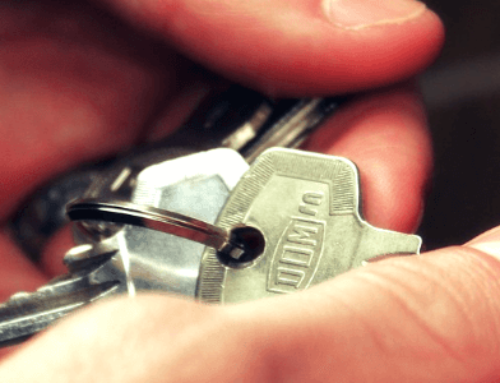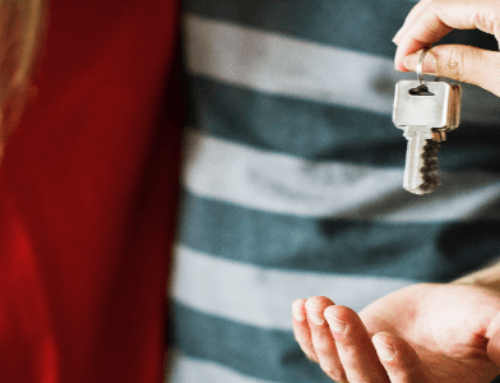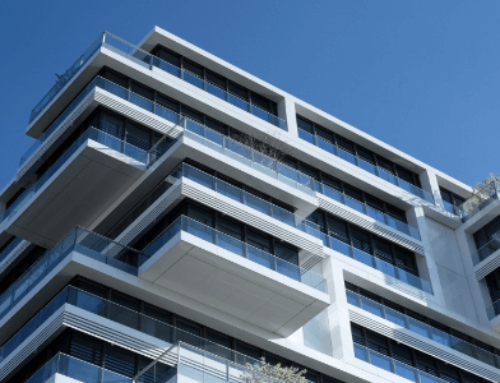So you want to buy a new home? Join the club!
It’s no secret that home ownership is one of the most coveted goals of the Australian public and one that many people devote their lives trying to achieve. However, as straight forward a decision as it might seem – “I want a house and I want one now” – there are a lot of things to consider before taking the plunge.
With that said, let’s delve into some of the main questions you ought to consider before completely giving yourself over to the property market gods and abandoning all free will. With a commitment this huge, you want to make sure that you’re making the right decision for you and your situation – not a decision you feel you should be making.
So let’s get down to it!
-
Learn the eb and flow of your market
Depending on the city you’re in, the property market is going to be in one place or another. So if you’re thinking of buying a new home – whether it’s your first home or your third – you will benefit greatly by getting a feel for your city’s property cycle. Where is it currently sitting? Will it stay there for long? What is its expected trajectory?
There can often be disagreements regarding when to buy and when to sell, but there are also many agreed upon actions homebuyers should take as well. For instance, if you’re planning on buying a property to live in long-term, then it’s generally accepted that regardless of where the cycle is at any action you take is better than no action at all. However, if you’re aim is to buy up an investment property then you’re likely going to want to be more strategic with your timing.
-
The financial reality
If you’re in the process of trying to find work, have only just managed to start saving, or you’re unsure about your current life circumstances, buying a home is probably not the thing you want to do right now.
It’s especially important that you find your footing and get yourself into a stable financial state of affairs before even considering purchasing a home. If you’re at that point – congratulations! Five gold stars for you. You can now start to figure out exactly how much you can and cannot spend on a new home. When doing this, you want to find a fairly close estimate of what you’re able to afford on monthly mortgage repayments.
This is a good start, but it won’t be your only cost. Property taxes come next. If you can find a decent home loan calculator online, it will likely incorporate stamp duty into the associated costs, which generally accounts for a fairly significant portion. What’s next?
Another cost to consider is the interest. To begin with, only a small fraction of your payments will go towards paying off the actual loan – the rest goes directly towards your interest repayments and is generally why people try to pay this portion off as quickly as possible. This will change over time of course, but it is something you should be aware of.
For instance, if you’re deciding on purchasing an investment property then you may want to consider getting an interest-only home loan (IO loan) since the interest will be tax-deductible. This why the majority of property investors exclusively acquire interest-only home loans, whilst only a tiny portion of live-in homebuyers settle on this option.
-
Get your finances in order
As mentioned before, you’re really only going to want to consider buying a home if your in a good financial place. If you’re finding it hard to keep up with your bills or perhaps in a precarious situation maintain stable employment, then purchasing a property is only going to make things 10x more stressful in the money department. And that’s if you’re even able to get approved.
A good rule of thumb is that you want to have saved 20% of the purchase price to put down as a deposit. You can absolutely get away with having 10% saved, however this means you’ll also be liable to pay for lenders mortgage insurance. I know, I know – hidden expenses seem to just pop up everywhere when you’re buying a new home… but it’ll be worth it! Trust me.
So before you do anything, make sure that taking on the commitment of purchasing a property isn’t going to make your life harder and put extra stress on your finances. If you’re not quite there yet, that’s completely fine! Just take your time, see a financial planner if need be, and get yourself to a point where you’re not spending more than you earn and are saving everything that you can. Take your time, there’s no hurry.
-
Uncover the hidden costs
When I mentioned that hidden expenses seem to pop up everywhere when buying a new home, I wasn’t kidding. Generally speaking, there is a rather large number of additional costs to homeownership, and new homebuyers are often so oblivious that they end up spending far more than originally expected. Unfortunately, buying a home isn’t as simple as just paying off the mortgage… if you can even consider that to be “simple”.
So what are these secret costs I’m going on about? Well, aside from the insurance costs and council rates, in a stand alone home, owners will need to carefully budget for ongoing maintenance and unexpected problems. For example, everything might seem perfect when you move in, but 2 months later you find out that the foundation is rotting away from countless years of termite damage. This is going to be a big expense and one that you probably wouldn’t budget for, also an expense that you can avoid by getting a pre-purchase building and pest inspection (wink, wink). On top of the cost of property up-keep, you will also want to budget for future renovations.
If you’re going to buy an apartment, then you’ll be expected to pay a levy of up to several hundred dollars, generally every four months, for strata fees. This charge goes towards the cost of amenities and the building’s infrastructure, and sometimes singular projects that require even more additional expenses. So basically, when you commit to buying a new home, just keep in mind that you’ll be hit with a number of additional costs that will often unknowingly arise from the ether.
-
How about NOT buying?
Sounds counter-intuitive, right? Well, this is when you really need to get real with yourself. Are you only planning on buying a home because that’s the done thing to do? Or because you feel pressured to enter the property market? Or because Karen said that you won’t get anywhere in life if you don’t own your own love shack? Let’s just stop listening to Karen for a minute and think long and hard about what is going to be right for you.
Aside from the exorbitant costs of moving house, paying stamp duty, and all the fees associated with selling your current home, think about how buying a new home is going to impact your lifestyle. Does the stability align with your field of work, or do you need more flexibility? Are you ready to perhaps leave you friends and family behind and uproot your life for the chance to own a home? Are you able to afford a property in an area you like, or will you be forced to settle for something or somewhere that you’re that keen on?
These are all very important questions to consider and ones that you would do well to think over before buying a home for the sake of owning a home. If any of these questions stood out to you as a good reason NOT to buy, don’t despair! It may just not be the right time for you. Timing is crucial when it comes to buying a home, so never underestimate your intuition if something feels off.
The bottom line
It’s obvious to most that buying a home is a sound financial investment, and one that most people will aim towards at some point over the course of their lifetime. It is also, however, crucial to keep in mind that purchasing property is not as black and white as it is often portrayed. Do your research and think long and hard about the impact it will have on you and your life goals. Then when it seems like the time is right, go buy your dream home and live happily ever after! Do it!







Leave A Comment